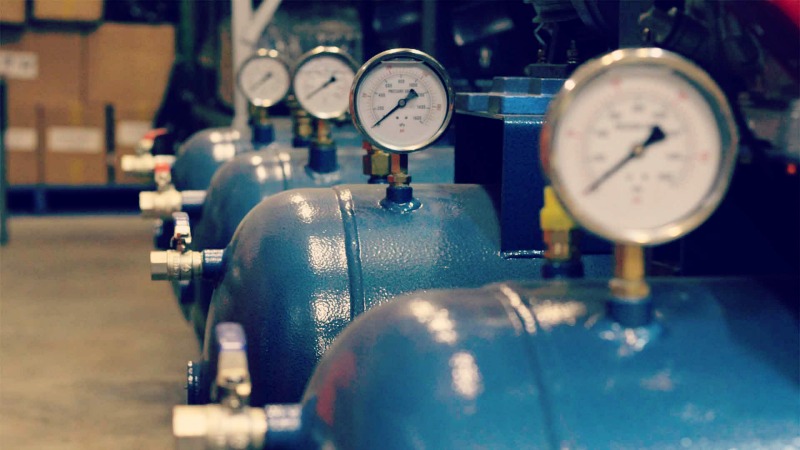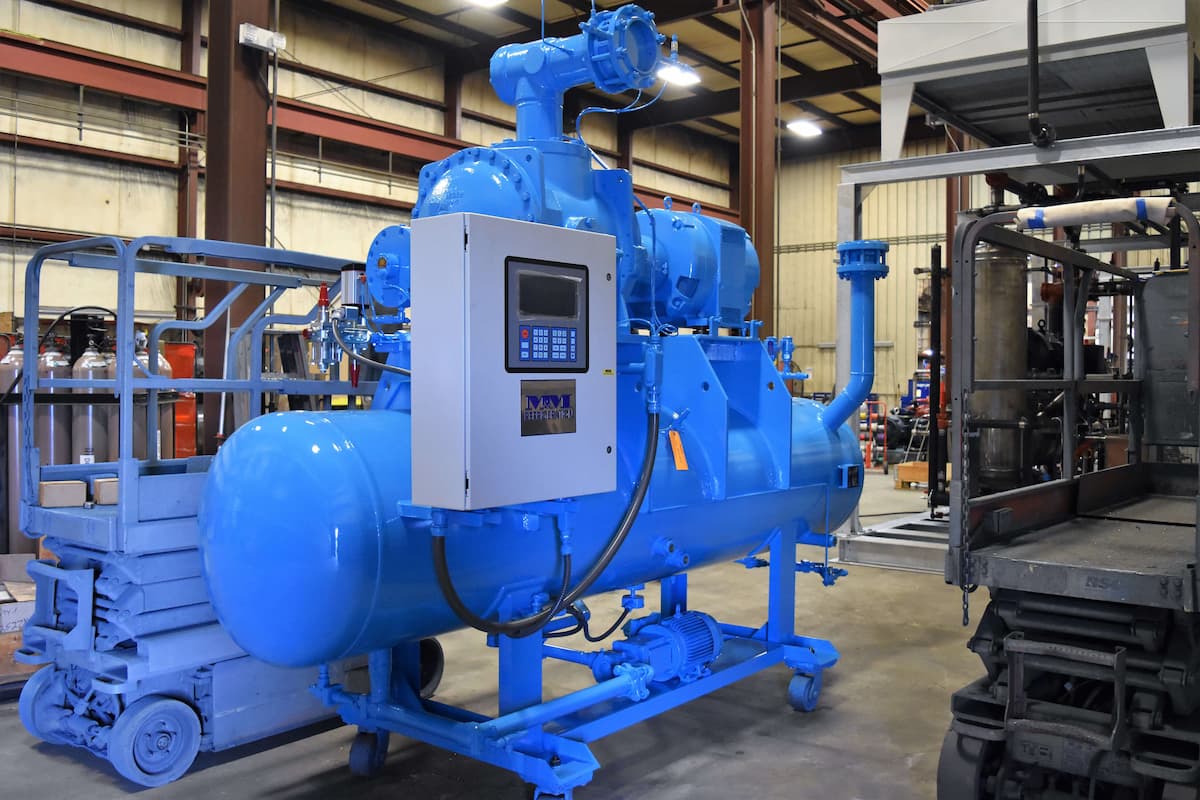Various operations in many industries depend heavily on compressed air. As a result, the demand for air compressors is significantly increased in the last few years. There are a lot of brands that offer different types and models of air compressors, and each compressor is used for specific application. The most common air compressors are the piston and rotary compressor. In general, the companies choose air compressors depending on their requirements. Although used for the same purpose, the piston and rotary compressors have some differences, in terms of air quality, energy efficiency, costs for installation and maintenance, performance and the most important factor – the duty cycle.

Duty flow and cycle
Duty cycle is the amount of time a compressor can operate without overheating. This is crucial difference between these two types of air compressors. The piston compressors have 60 to 70% allowable duty cycle, while the rotary compressor models have 100% allowable duty cycle. This feature is a big plus in favor of the rotary compressor. The rotary compressor is cooled with special fluids in situations when overheating is likely to happen. This provides continuous work flow of the rotary compressor.
Moisture and heat
The internal temperature of the piston compressors vary from 150C to 200C, whereas the rotary compressor operates with lower internal temperature, between 80C and 100C. When the temperature is high, more moisture is released. The piston compressor can become very hot and hard to dry, but the rotary compressor is designed with a powerful fan which is used for lowering the temperature. The capability of the rotary compressor to lower the working temperature eliminates the moisture creation.
Oil Carry-Over
The amount of lubricating oil the compressors use for pushing the compressed air is known as oil “carry-over”. The advantage of the rotary compressor is that this model use several times less oil when operating.
Energy efficiency
The rotary compressor produce more compressed air when compared to the piston compressor. A rotary compressor delivers 3-4 cfm per hp, while the piston compressor delivers 4-5 cfm per hp. Therefore, the rotary compressor is considered to be energy efficient machine. Energy efficiency is important factor towards achieving high level of productivity and lowering the operating costs.
Maintenance
When it comes to the maintenance costs, the piston compressor is less expensive than the rotary compressor. The costs for maintaining the rotary compressor are higher due to the fact that rotary compressors have more points or parts that need to be regularly checked and serviced.
Noise and vibration level
The piston air compressors are know as compressors that produce high level of noise and vibration. As a result of this, the piston compressors are kept in separate rooms. These compressors require special environment for working. This is not a case with the rotary compressor. The rotary compressor is a quiet machine that produce low level of vibration. The rotary compressor is very flexible, meaning that it doesn’t require special settings for operation. It can be located in any kind of facility.
